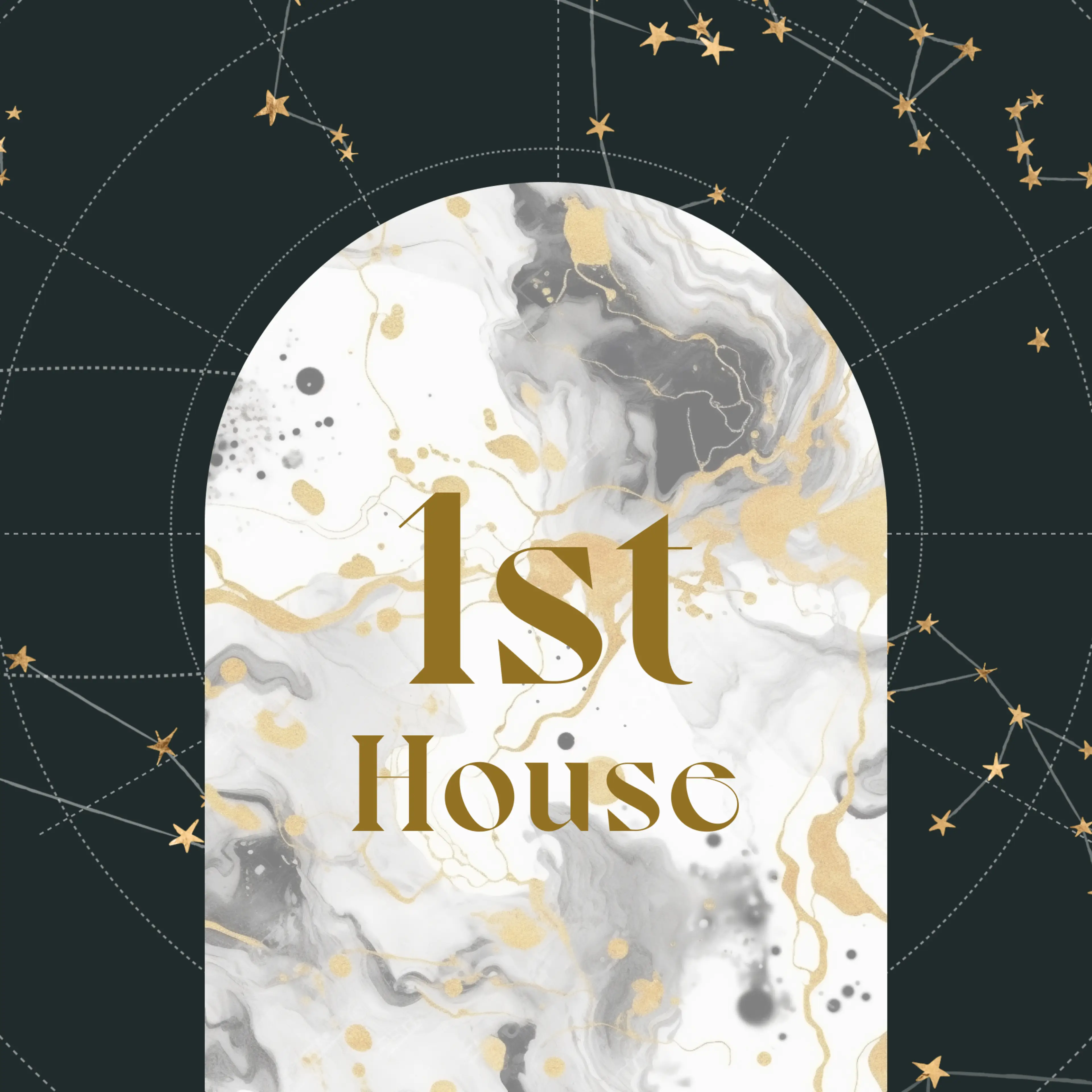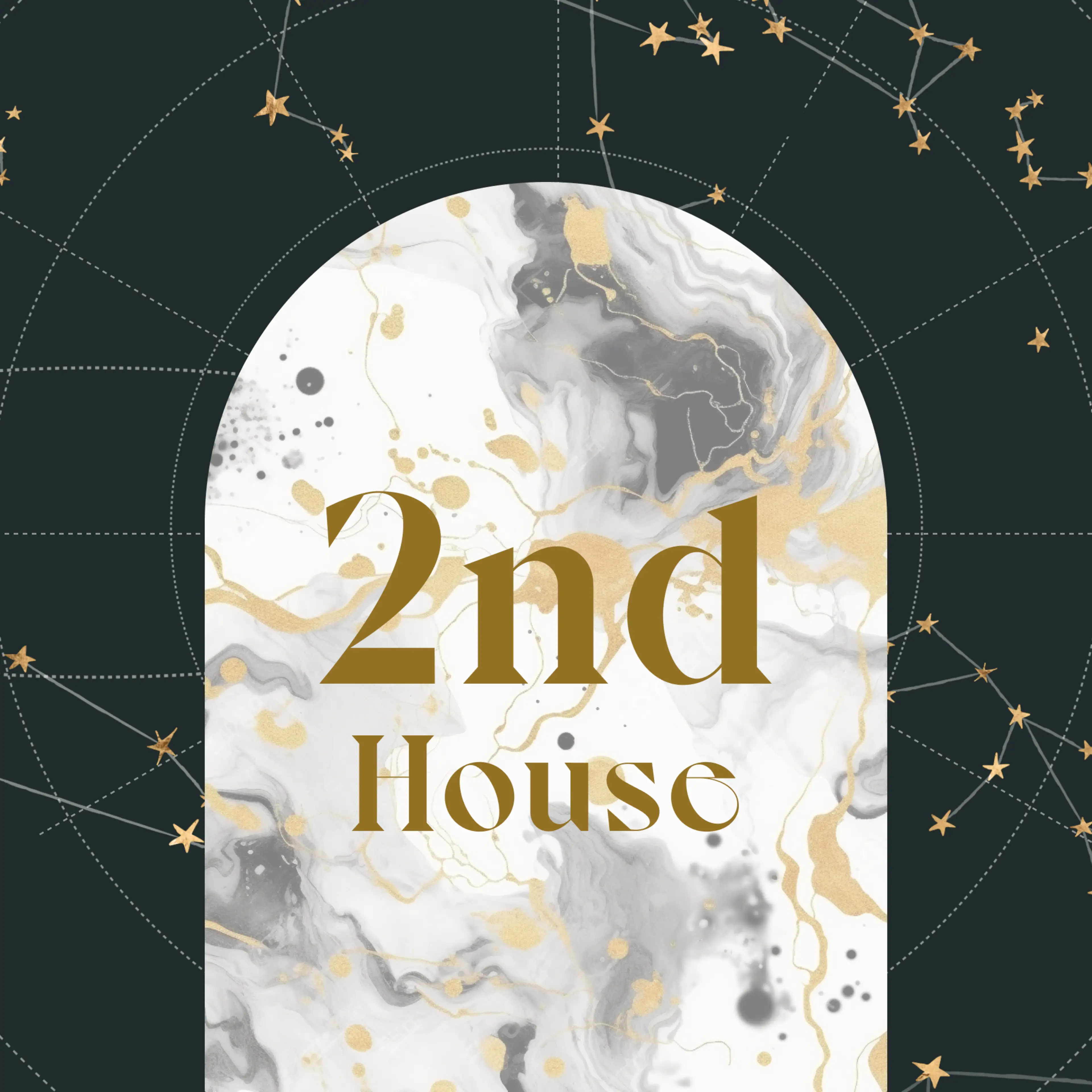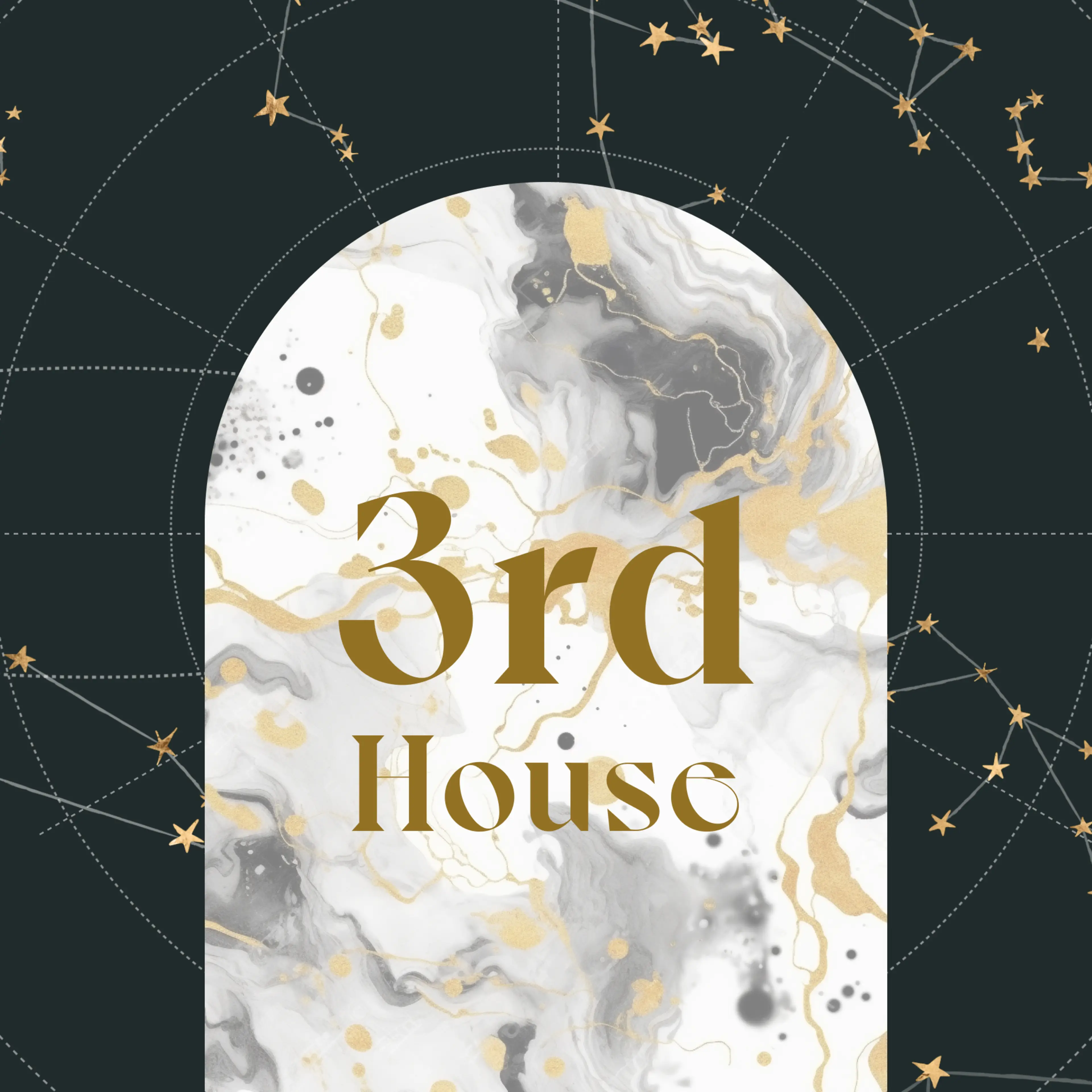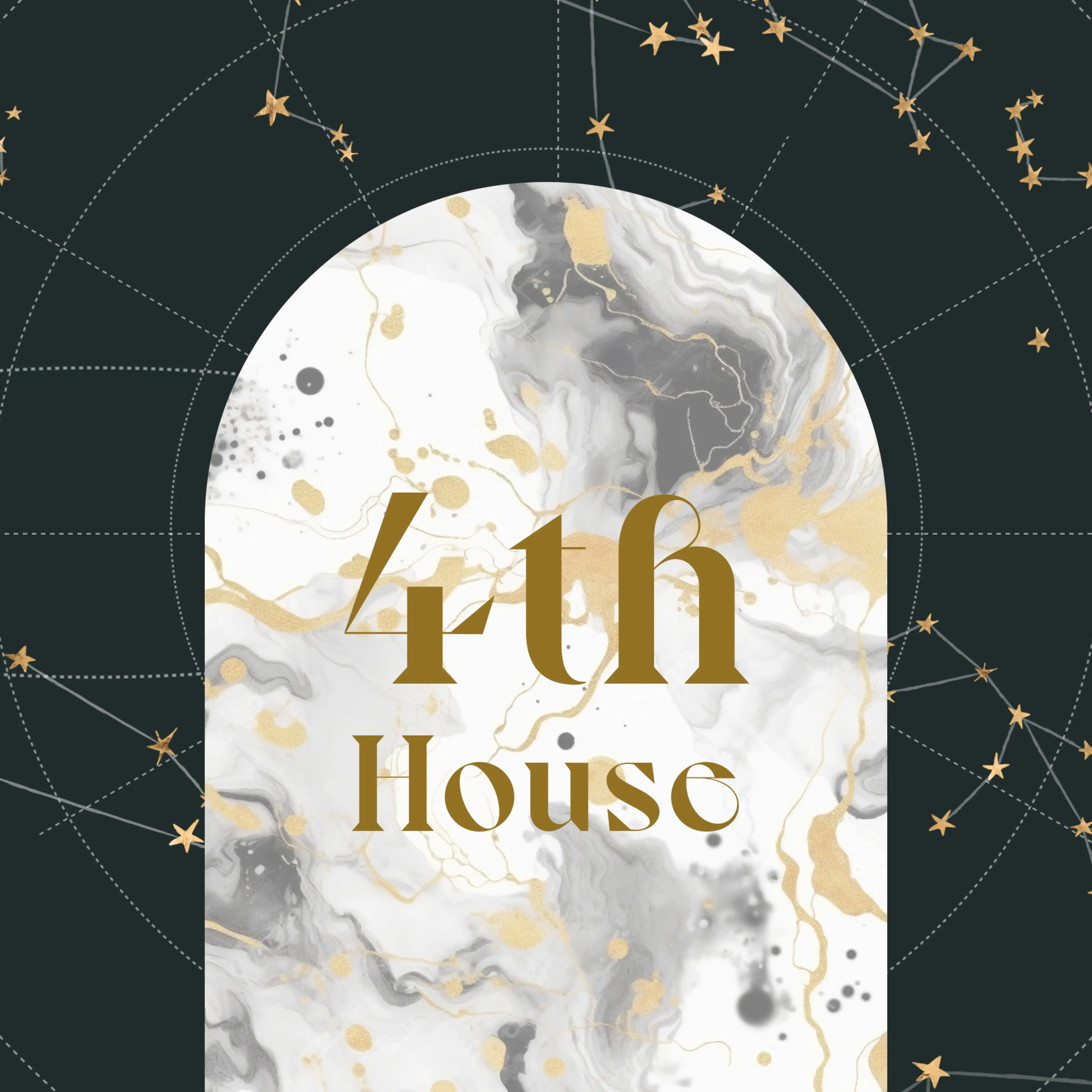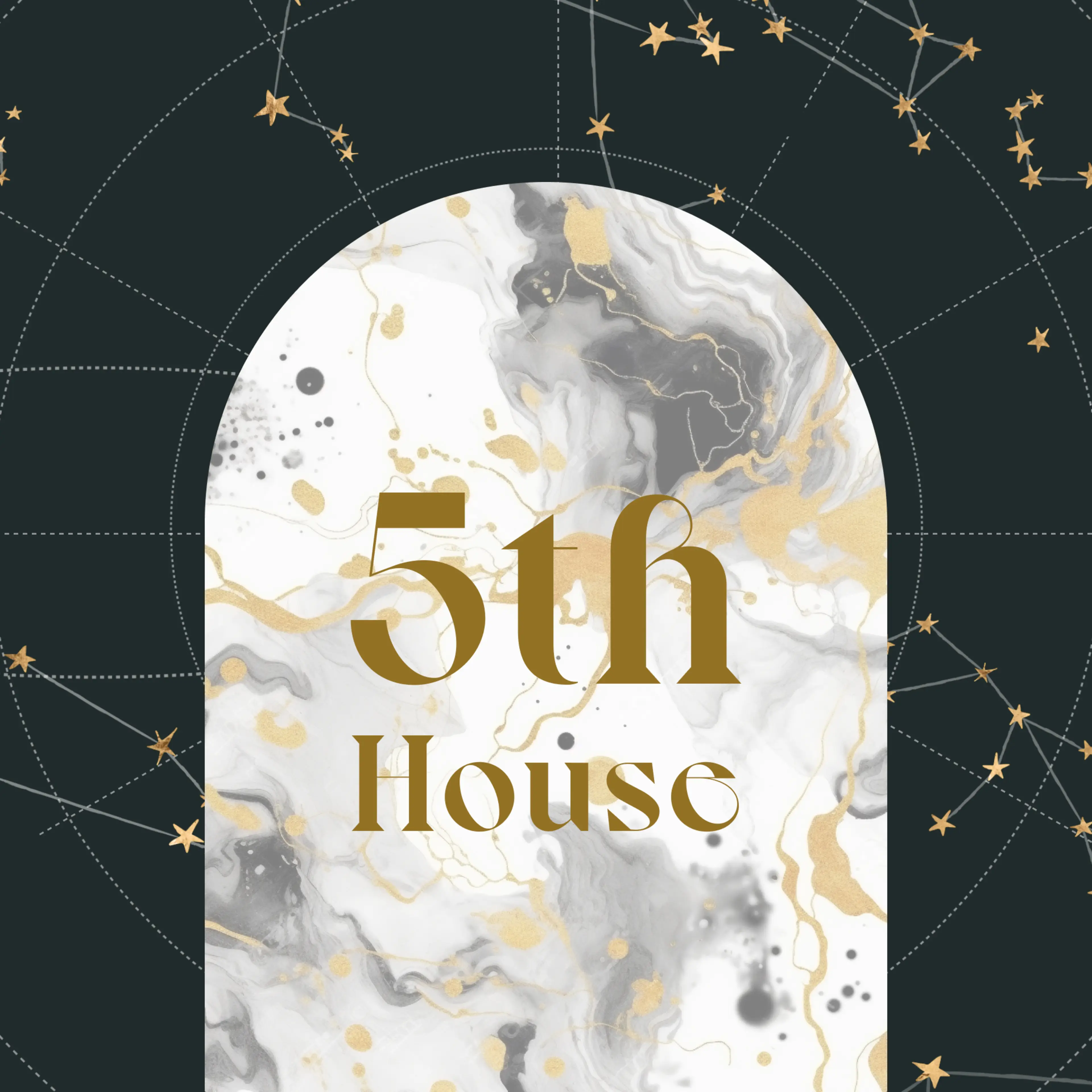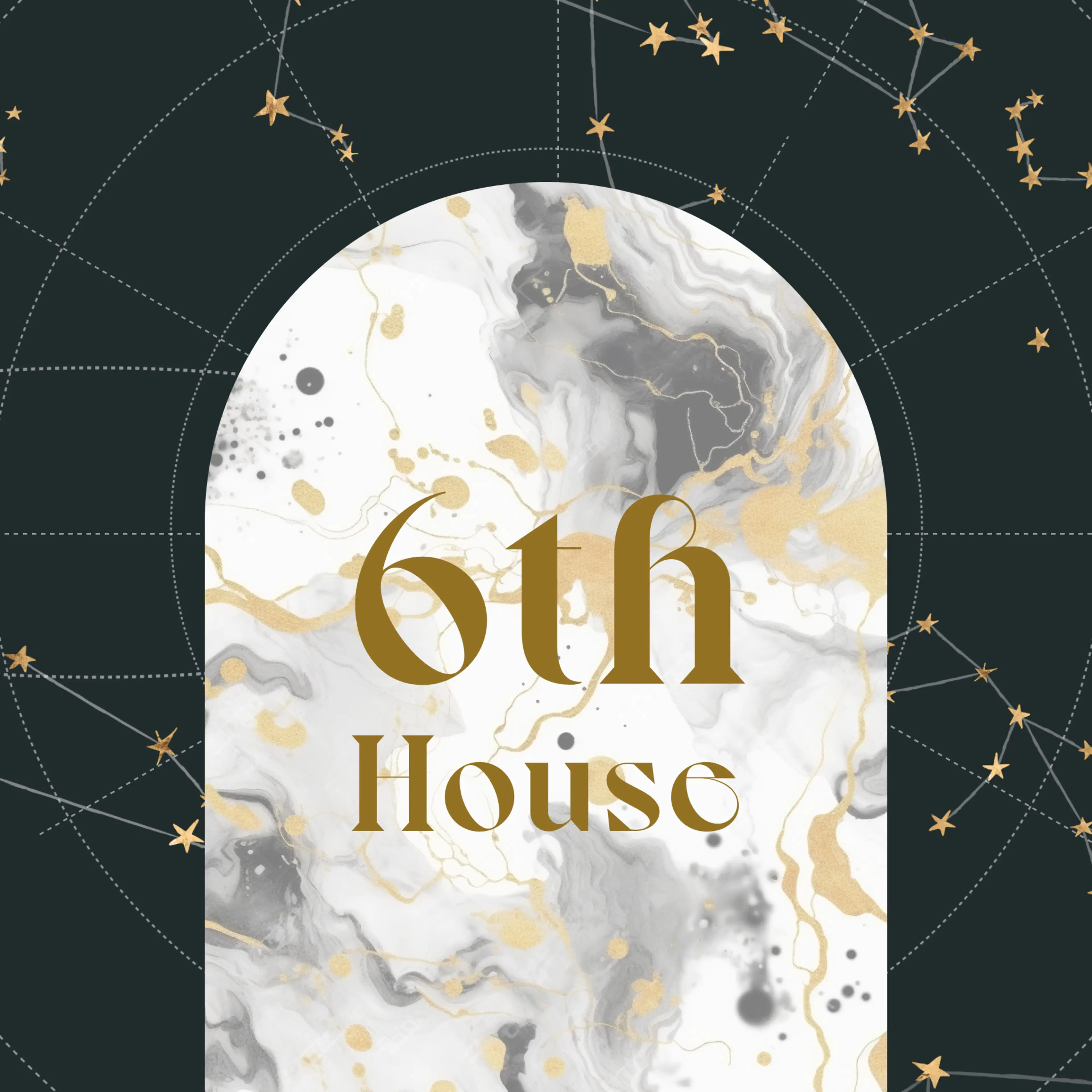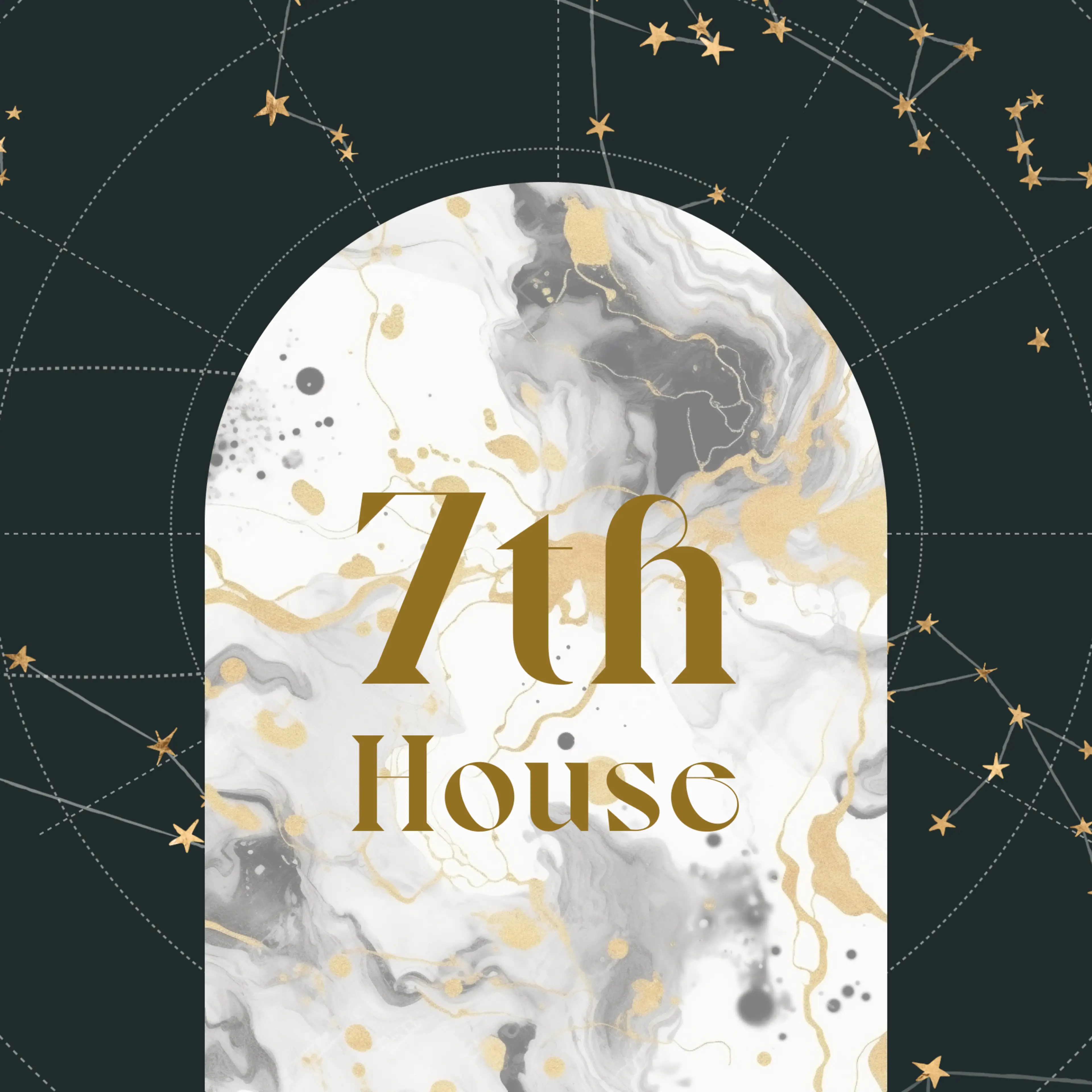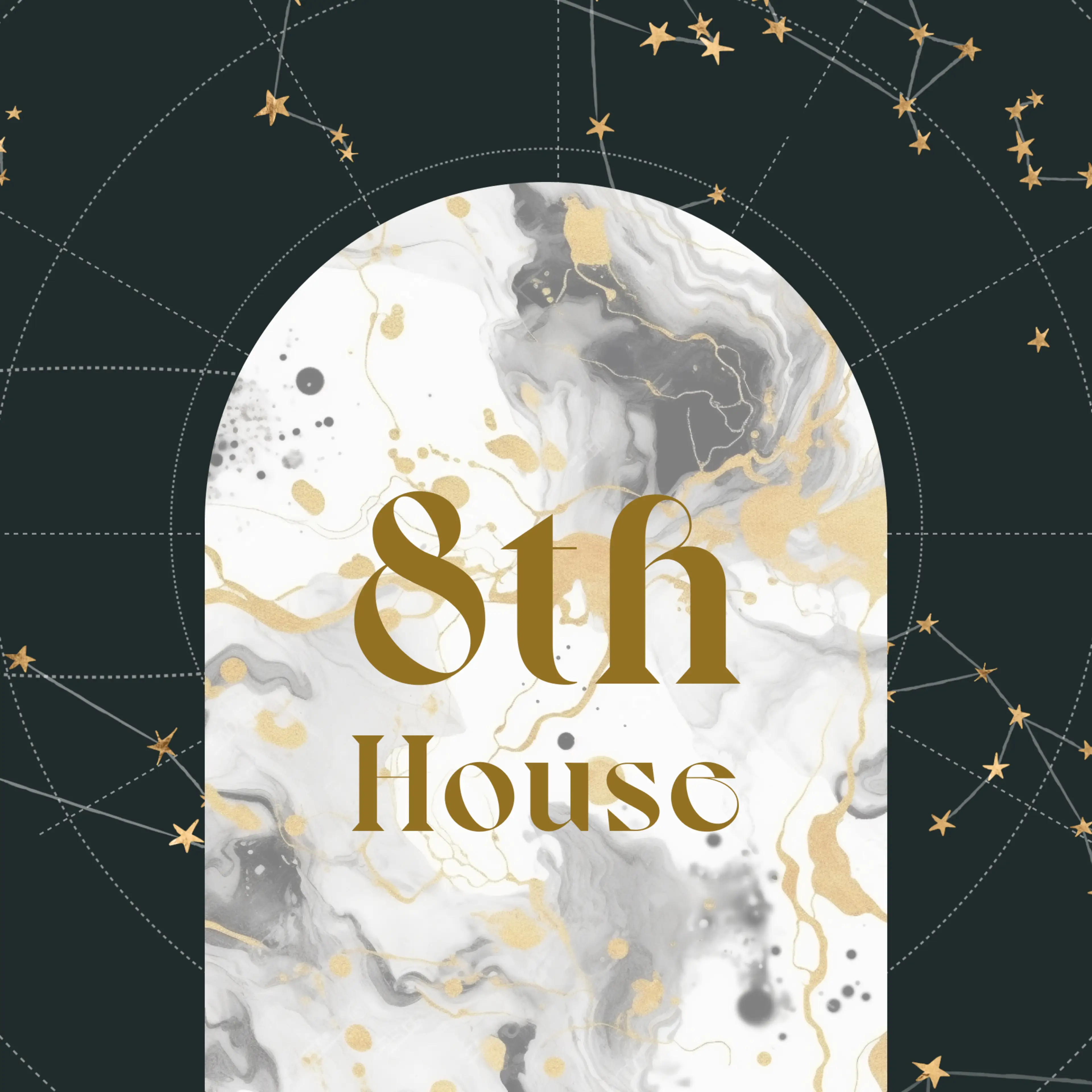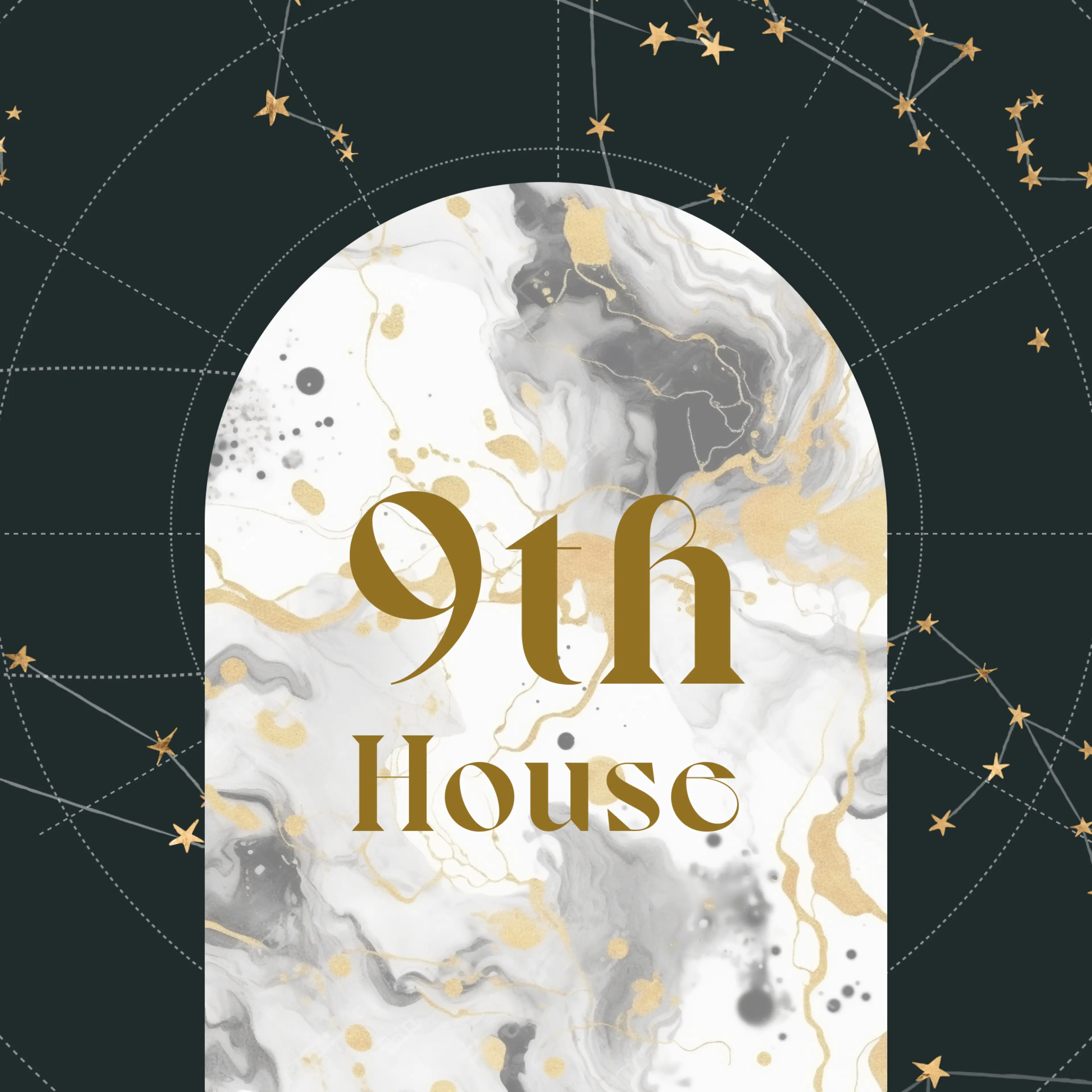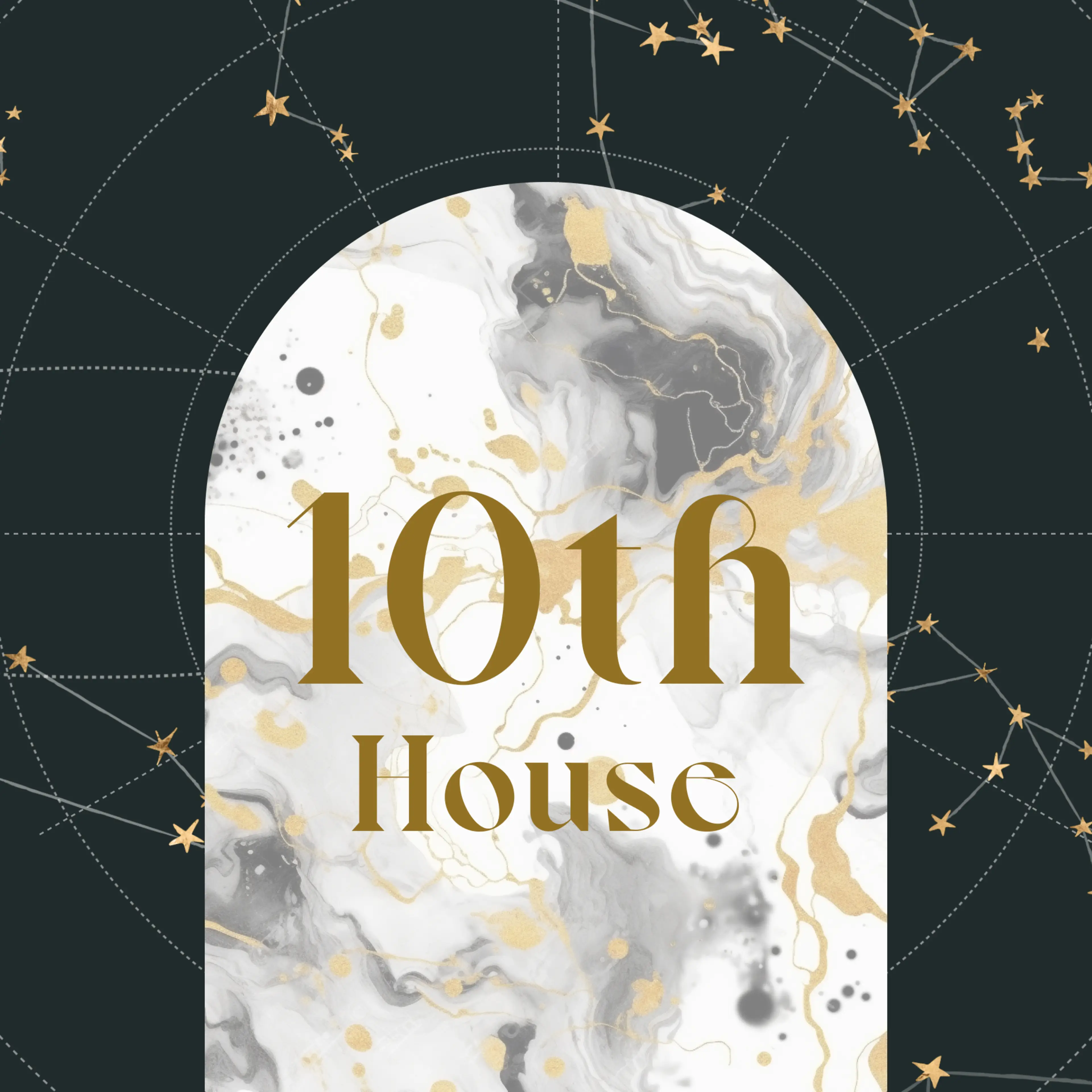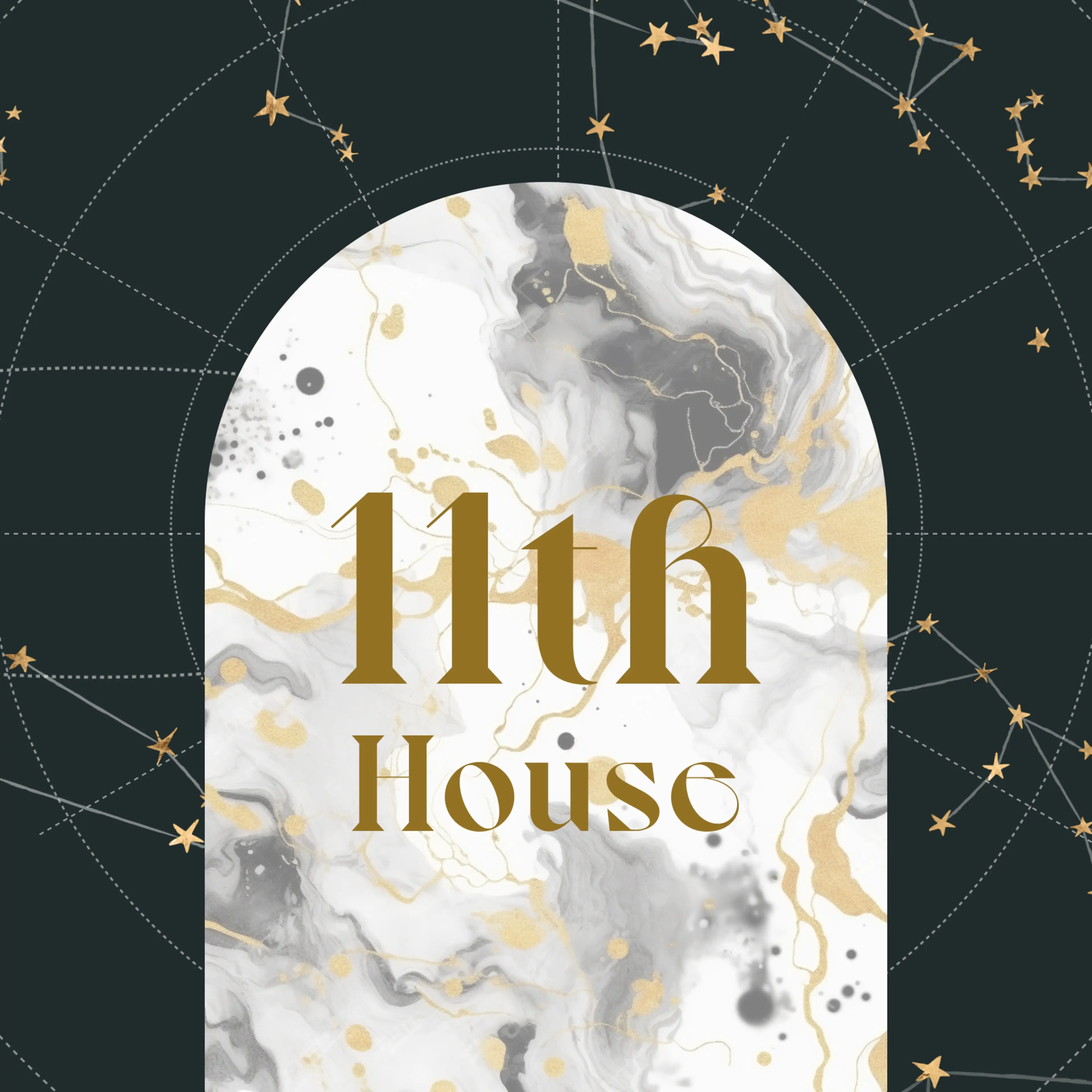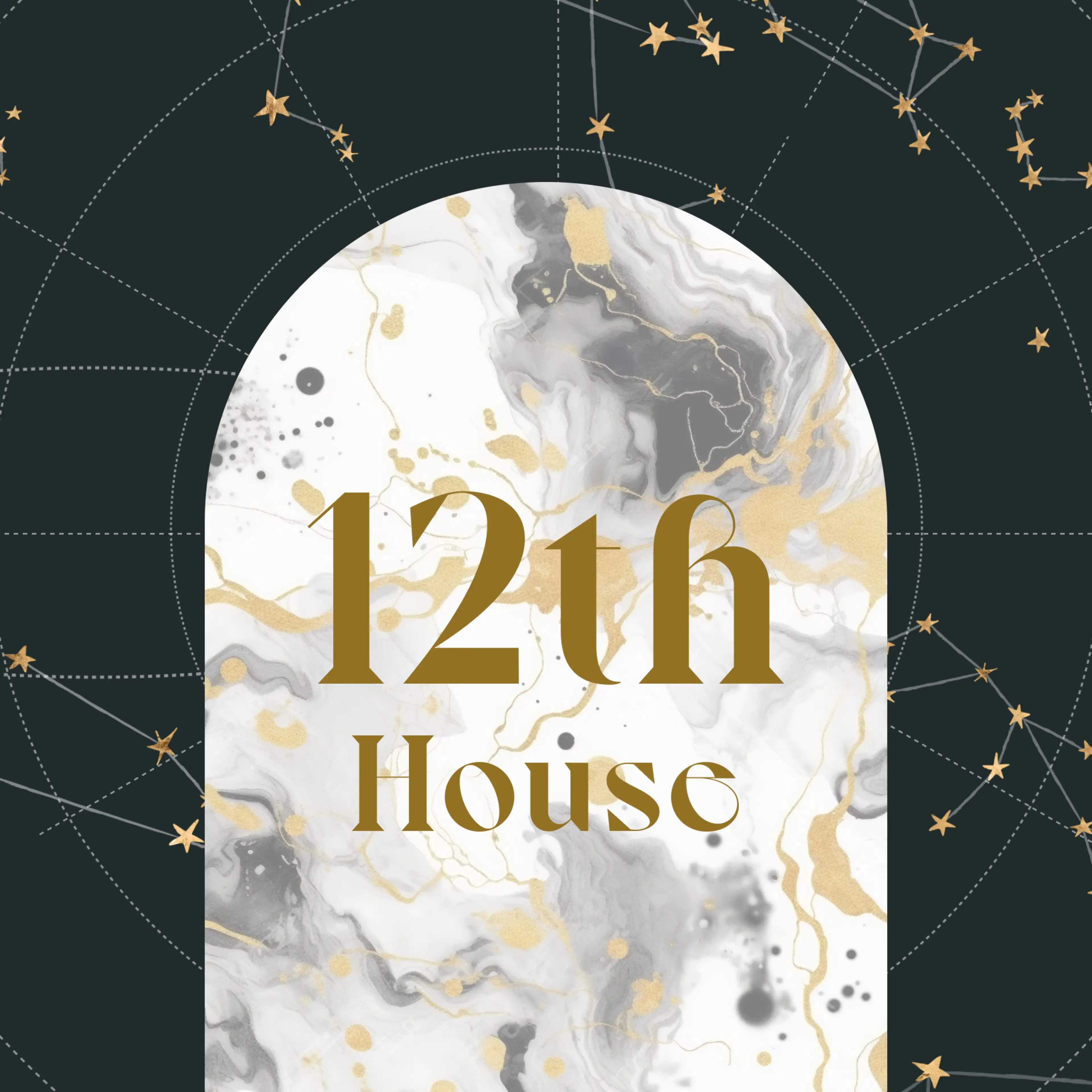The 12 houses in a birth chart horoscope each correspond to a different area of life: identity, money, family, relationships, career, and so on. The astrological houses appear as slices of the wheel that make up the birth chart, a 360-degree wheel that contains each zodiac sign and planet.
The ruling planets can be thought of as the actors—the characters of the birth chart who represent different needs, motivations, and aspects of our psyche. The zodiac signs they inhabit can be thought of as the dialogue and costumes or the style of expression that each planet assumes. The houses can be thought of as the setting: the context in which the planets and signs express themselves and manifest (both concretely and psychologically) in our lives.
What Are Houses in Astrology?
Each birth chart always contains 12 houses and 12 zodiac signs around a 360-degree wheel, but the way the houses are divided depends on the system of house division used. Each chart represents a symbolic picture of the sky (including the location of the planets within the zodiac) at the moment of birth.
There are many different house division systems to choose from, but most fall into one of two categories: Quadrant Houses or Whole Sign Houses. If using a quadrant house system (such as Placidus), some houses may be larger than others and may include more than one zodiac sign because this style takes the longitude and latitude of the birthplace into account.
With the Whole Sign system of house division, which does not take longitude and latitude into account, each house will be the same size (exactly 30 degrees) and contain only one zodiac sign.
How to Find the Houses in Your Birth Chart
Most birth charts today are calculated using computer software technology. When inputting your birth data into birth chart-generating website or software, you will select the system of house division that you prefer to use (Placidus and Whole Sign are the most commonly used today). Your birth chart will be automatically generated, and you will look to your 1st house to determine the beginning of your chart.
The Ascendant or rising sign is always located in or on the cusp of the 1st house (depending on the system of house division used). The 1st house will be on the left-hand side of the chart and will usually be marked with the number 1. From there, you will go around the wheel counter-clockwise to find the 2nd house, 3rd house, 4th house, etc., until you reach the 12th.
12 Houses Meaning in Astrology
The houses provide a framework to understand where and how the planets express themselves. Without houses, we would have no context to understand where or how a planetary energy may show up in one’s real life. Houses can also be used to investigate certain topics of life.
For instance, if you desire to learn more about your romantic relationships, you may look to your 7th house of committed partnerships. Even if there are no planets there, you can look to the sign on the 7th house cusp and its ruling planet to glean more information.
First House:
The 1st house represents the identity, both in terms of one’s psychological orientation as well as one’s physical body and appearance. The sign on the first house (also known as the Ascendant) describes one’s orientation to the world and the motivations that drive the life and color the expression of the personality.
Second House:
The 2nd house represents the activities and habits that support one’s livelihood by generating income and a sense of self-worth. It describes the skills, talents, and resources that one can cultivate in order to produce value in the world as well as a sense of internal value or self-esteem.
Third House:
The 3rd house represents the exploration of one’s immediate environment through relationships with siblings and relatives, early educational experiences, short-distance travel, and daily communications. It can describe the challenges or gifts related to personal expression, learning and mental activities, or sibling dynamics.
Fourth House:
The 4th house represents one’s home, family, upbringing, and private areas of life. It can speak to foundational experiences that shaped one’s childhood, as well as the driving factors that motivate us to establish secure foundations in our adult lives. The ruler of the 4th house can represent one’s relationship with either parent.
Fifth House:
The 5th house represents that which we give birth to, creatively or literally: creative or artistic endeavors, as well as children. It also describes that which brings us joy and pleasure, such as our hobbies, leisurely pursuits, and romantic and sexual explorations. The sign on the 5th house can describe our style and what drives our self-expression.
Sixth House:
The 6th house represents our daily work, routines, and work environments. It speaks to our obligations, duties, and the ways that we manage our responsibilities at work alongside the needs of our physical appearance and health. It can describe our relationship to our bodies and what supports or drains our sense of well-being.
Seventh House:
The 7th house represents one-on-one relationships with others, including romantic partnerships and any close or contractual relationship between two people (such as business partnerships, clients, or close friends). Psychologically, this house can represent that which we disown in ourselves and project (or are attracted to) in others.
Eighth House:
The 8th house represents that which we share in close connection with others, either financially, emotionally, or sexually, such as our joint ventures, shared resources, and business partnerships and collaborations. It also speaks to benefits derived from death, such as inheritances, and more generally, to the mysteries and cycles of birth, death, and rebirth.
Ninth House:
The 9th house is the house of exploration through learning, traveling, philosophy, religion, and spirituality. It encompasses all activities that expand the mind and one’s ideas about the world, either through physical travel or intellectual discovery. It is also associated with higher education, broadcasting, the law, religion, and spirituality.
Tenth House:
The 10th house represents one’s public-facing self, role within society, career, and first impressions. The 10th house symbolizes what we feel called to do, whether or not it intersects with earning a living. This can include anything from being a parent, to one’s humanitarian or service-oriented work, to one’s profession.
Eleventh House:
The 11th house represents our larger social and professional networks, friends and alliances, and the groups of people who share common interests, ideals, and aspirations. It can describe how we desire to engage with the larger world and the ways that others support our sense of self and help us achieve our ambitions.
Twelfth House:
The 12th house represents that which is hidden from view, whether literally, as in places of solitude and confinement, or metaphorically, as in the subconscious mind and repressed feelings. It represents the desire for transcendence and experiences of oneness, either through spirituality, art, drugs, or other means of fantasy and escape.
